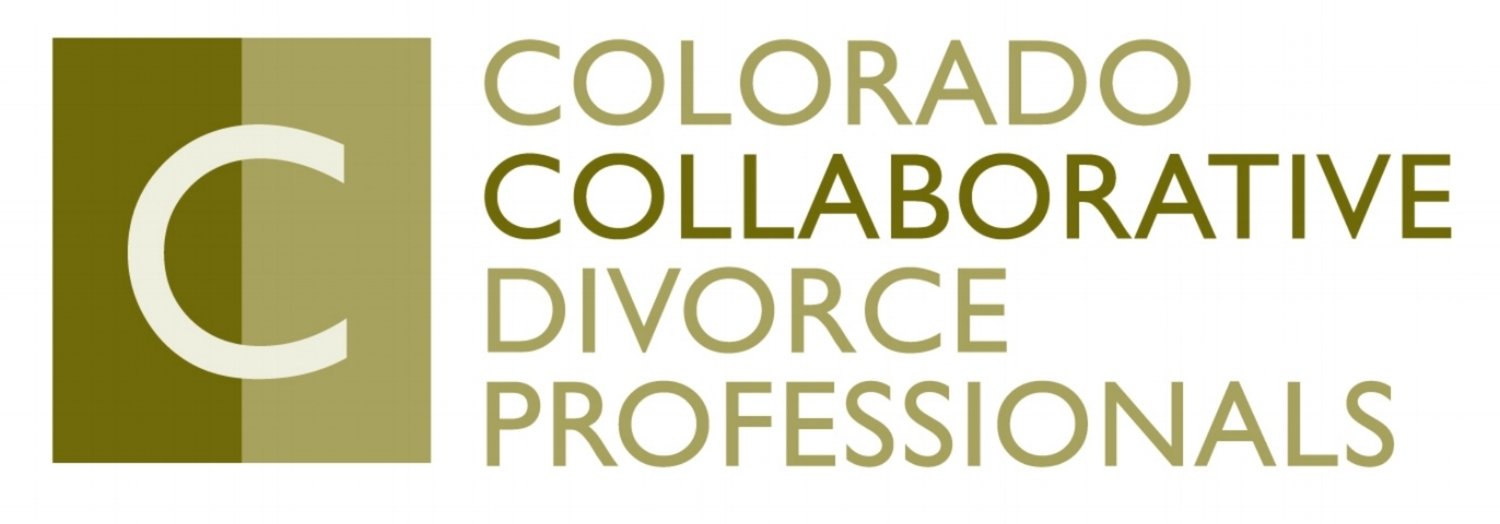Family law has seen major shifts in the last decade, with more couples looking for alternatives to long, expensive courtroom battles. Collaborative divorce is leading this change, offering a structured, cooperative way to separate without the hostility of litigation. As more attorneys, financial professionals, and mental health experts support this model, it is becoming the preferred choice for families who want to move forward with dignity and respect.
The future of family law is about solutions, not battles. Collaborative divorce gives couples control over their divorce process, reduces conflict, and provides better long-term outcomes for families. It is not just a trend, it is a smarter, healthier way to handle divorce.
A More Peaceful Process for Families
Traditional divorce often leads to unnecessary stress, with both parties fighting over assets, custody, and finances. Court battles can turn personal matters into public disputes, making it harder for families to move forward. Collaborative divorce removes the courtroom from the equation, allowing couples to work together with a team of professionals to create a fair and lasting agreement.
By prioritizing respectful discussions, collaborative divorce minimizes hostility and makes it easier for families to maintain positive relationships, especially when children are involved. Instead of leaving decisions in the hands of a judge, couples stay in control of their future.
Faster and More Cost-Effective Than Litigation
Divorce can take months or even years when handled through the court system. Scheduling conflicts, legal motions, and trial delays often prolong the process, adding stress and financial strain. Collaborative divorce offers a more efficient timeline, with couples working at their own pace to reach agreements without waiting for court dates.
The financial benefits are just as significant. Courtroom divorces involve filing fees, expert witness costs, and multiple attorney appearances, all of which add up quickly. Collaborative divorce eliminates many of these expenses, making it a more affordable option for families.
A Private and Confidential Approach
One of the biggest downsides to litigation is that court records are public. Anyone can access details about financial disputes, custody battles, and personal matters, creating unnecessary exposure for families going through a difficult time.
Collaborative divorce takes place in private meetings, keeping personal details confidential. This protects both spouses from unnecessary scrutiny and allows them to focus on creating an agreement without external pressures. Privacy is especially valuable for professionals, business owners, or those in the public eye who want to keep their personal matters out of the courtroom.
Better Outcomes for Children
Children are often the most affected by divorce. In high-conflict cases, they may experience emotional stress from ongoing disputes, custody battles, and the uncertainty of not knowing what comes next. Collaborative divorce prioritizes the well-being of children by focusing on cooperative decision-making.
Parents work together with child specialists and mental health professionals to create parenting plans that serve the best interests of their children. This approach promotes stability, reduces stress, and encourages parents to co-parent effectively after the divorce is finalized.
Legal, Financial, and Emotional Support
Unlike traditional divorce, which relies solely on attorneys, collaborative divorce brings in a full team of experts to guide the process. This often includes:
Attorneys trained in collaborative law who focus on resolution instead of litigation
Financial professionals who help with asset division, budgeting, and long-term financial planning
Mental health specialists or divorce coaches who assist with emotional well-being and communication
Having a full team in place ensures that all aspects of the divorce are handled thoughtfully, leading to fairer agreements and stronger post-divorce stability.
Why More Attorneys Are Supporting Collaborative Divorce
Many attorneys are shifting toward collaborative divorce as they see its benefits for clients. Instead of long legal battles that drain both time and money, collaborative divorce allows attorneys to guide their clients toward solutions that work for everyone involved.
For legal professionals, this approach offers a more sustainable practice model. It encourages client satisfaction, reduces stress from high-conflict cases, and builds a reputation for offering forward-thinking family law solutions.
The Future of Divorce is Collaboration, Not Conflict
Collaborative divorce is reshaping family law by offering a process that is more private, efficient, and family-focused. Instead of fueling conflict, it helps couples find resolutions that allow them to move forward with stability. As more professionals recognize its value, collaborative divorce is becoming the preferred approach for couples who want to separate without unnecessary hardship.


